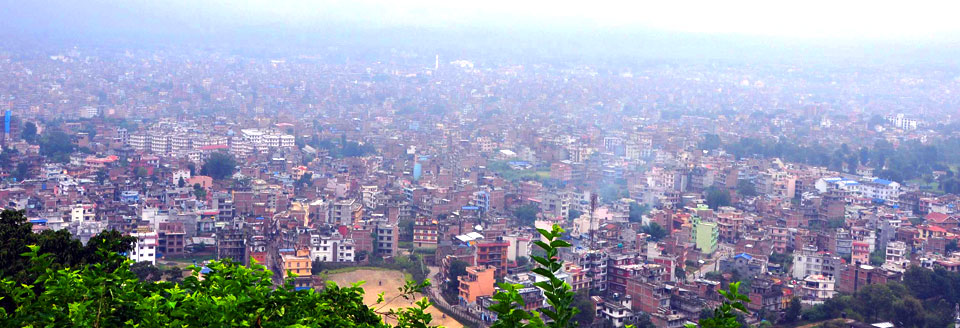

Pashupatinath Temple gears up for festivities
The Pashupati Area Development Trust (PADT) has completed preparations for the Teej festival, which is on Tuesday.
“We have completed all preparations for the festival,” said Shila Pant, coordinator of the main organising committee, at a press meet today.
A 51-member main celebrating committee under Shila Pant and seven sub-committees were formed to provide security, health and sanitation services to the devotees during the festival, said Umesh Kuinkel, coordinator of the Publicity Management Committee.
The four doors of the Pashupatinath Temple will open from 3:30 am till 8 pm for the devotees to pay homage to Lord Shiva on the day of Teej, the festival in which women pray for the longevity of their husbands.
The devotees can stand in any of three queues to reach the temple while a fourth line will be created for those paying for tickets, special worshipers, volunteers, security forces and PADT employees. Other regular devotees will have to visit the temple before 6 am during Teej.
Kuinkel said they have managed five parking areas in Tilganga, Sifal grounds and Guheshwori for devotees. Government officials and PADT employees can park their vehicles at the Metropolitan Police Office, Gaushala and on the PADT office premises.
“The devotees can buy tickets for Rs 1,000 if they do not want to stand in long queues,” said Kuinkel. “The elderly and the physically disabled will not have to stand in line.”
The PADT has made provisions for 13 health camps. “About 2,500 security personnel and some 3,500 volunteers will be deployed to take care of the devotees,” said Sushil Nahata, member secretary of the PADT.
“Altogether 18 CCTV cameras will be installed to monitor the festival.”
The festival, which generally falls in August-September, is a three-day celebration that starts with a sumptuous feast known as Dar. A day after the feast, women fast for an entire day even without drinking water. Hindu women, who light oil lamps throughout the night to put bad omen at bay, observe the festival praying for marital bliss, well-being of their spouses and children and purification of their own bodies and souls.
Traditionally, the ritual of Teej is mandatory for all Hindu married women and girls, who have reached puberty. Those who are ill or physically unfit are allowed to eat. According to the Hindu mythology, Goddess Parvati fasted and prayed fervently to please Lord Shiva and to marry him. Impressed with her devotion, Shiva agreed to wed her.
Women dressed in red attire can be seen dancing and singing on the streets leading to Shiva temples on Teej. Women worship the Linga, the phallic symbol of Shiva, offering flowers, sweets and coins at the Pashupatinath Temple in Kathmandu. More than 300,000 women throng the Pashupatinath Temple on Teej every year.The government has declared public holiday on Teej.
source: The Himalayan Times,15 Sept 2012








